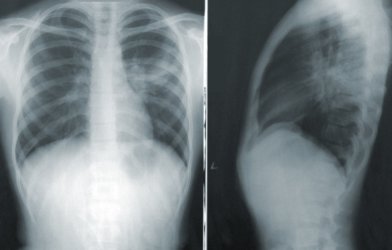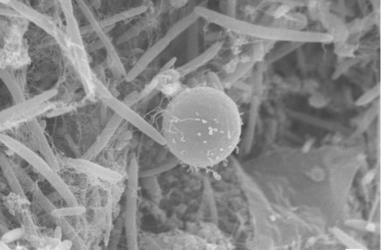
Disease Prevention


Why are Black individuals more likely to die from colorectal cancer?May 19, 2022

Antibiotics may trigger IBD in older adults, study showsMay 18, 2022

Crohn’s disease: AI tool can predict recurrence after surgeryMay 17, 2022

Pneumonia severity, risk of death hinges on gut bacteria for older adultsMay 16, 2022

Women who start colorectal cancer screenings before age 50 less likely to develop diseaseMay 13, 2022

Blood cell discovery may lead to new treatments for chronic inflammatory conditionsMay 10, 2022

Liver enzyme discovery decreases appetite in obese mice, leads to weight lossMay 10, 2022

Common parasite found in gut actually keeps you healthy by fighting inflammationMay 2, 2022
